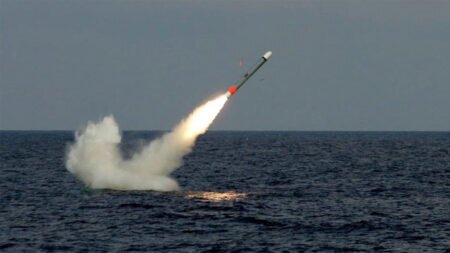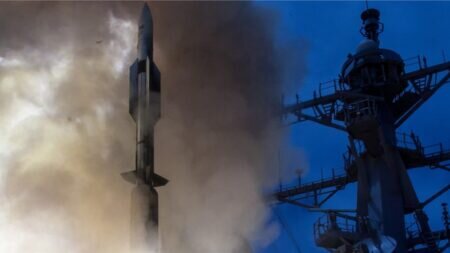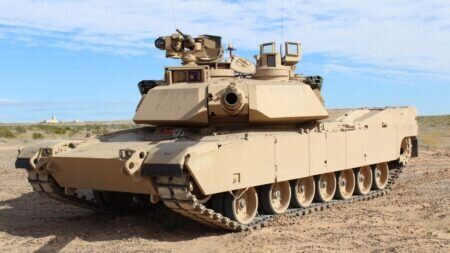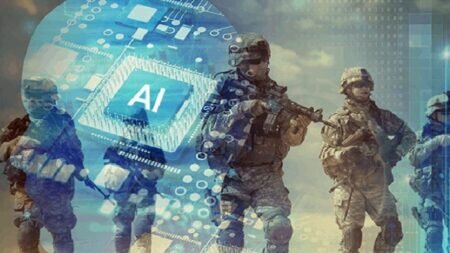The U.S. Defense Department is making leaps when it comes to fielding cutting edge technologies, a senior Pentagon policy official said.
Michael C. Horowitz, deputy assistant secretary of defense for force development and emerging capabilities, said key organizational and strategy updates have resulted in DOD's improved ability to effectively field new tactics and technologies — especially when it comes to artificial intelligence.
"If you imagine, essentially, a continuum of activities from science and technology investments all the way to fielding capabilities, this administration within the Department of Defense has launched new initiative at each place, essentially, in the continuum," he said during an AI policy discussion hosted by the Center for Strategic and International Studies in Washington, D.C.
Horowitz cited the creation of the Chief Digital and Artificial Intelligence Office, responsible for the departmentwide adoption of data. He also cited recent strategy updates aimed at aligning AI adoption with broader defense strategy.
In November, the DOD released its strategy to accelerate the adoption of advanced artificial intelligence capabilities to ensure U.S. warfighters maintain decision superiority on the battlefield for years to come.
The 2023 Data, Analytics and Artificial Intelligence Adoption Strategy, which was developed by the Chief Digital and AI Office, builds upon and supersedes previous strategies. The 2018 DOD AI Strategy and revised DOD Data Strategy, published in 2020, laid the groundwork for the department's approach to fielding AI-enabled capabilities.
Horowitz also cited DOD investments in research, development, test and evaluation, and new initiatives to speed up experimentation within the department.
"All across the waterfront. we've launched initiatives designed to improve our adoption capacity, and I think we're really starting to see them pay off," Horowitz said.
When it comes to the adoption of AI and autonomous systems, Horowitz said that DOD remains laser focused on ensuring trust and confidence in the technology. He added that the department also maintains its commitment to international humanitarian law as it applies to the technology.
Last year, the Defense Department updated a 2012 directive governing the responsible development of autonomous weapon systems to the standards aligned with the advances in artificial intelligence.
The U.S. has also introduced a political declaration on the responsible military use of artificial intelligence, which further seeks to codify norms for the responsible use of the technology.
Horowitz said 51 countries have signed on to the political declaration, reflecting U.S. leadership at a critical time in the global adoption of AI.
"I think that there's a recognition that the sorts of norms we're trying to promote are things that all countries should be able to get behind," he said. "They include things like a commitment to international humanitarian law. They include appropriate testing and evaluation for systems," he said.
"They include lots of, I would say, good governance mechanisms of the sort that we flesh out in detail in Department of Defense policy," Horowitz said.









